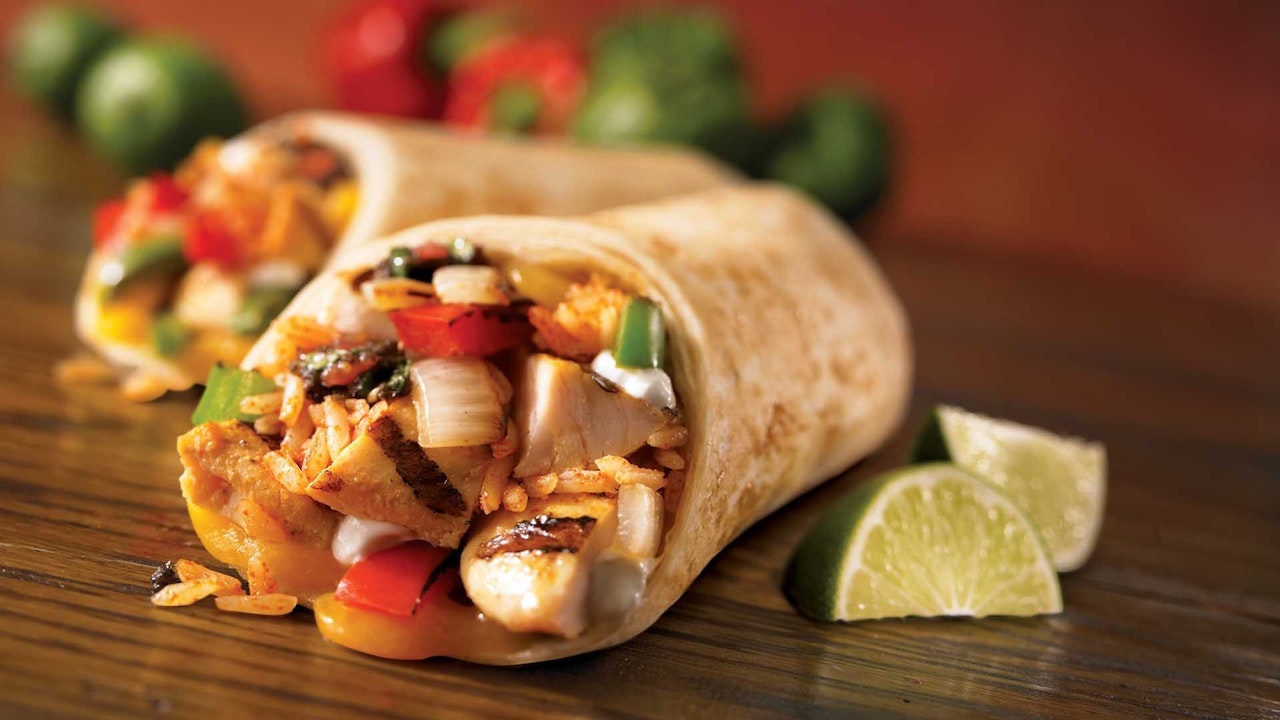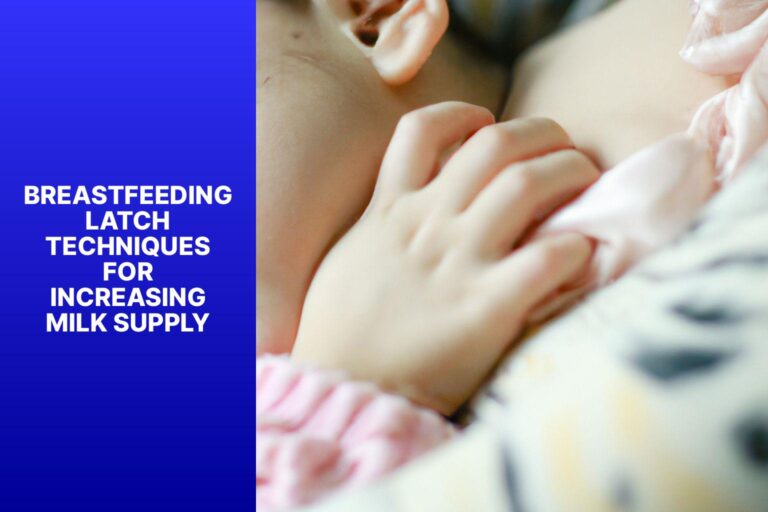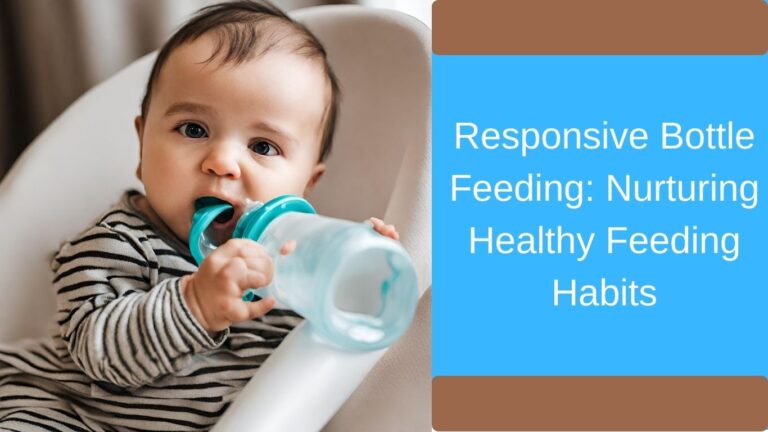5 Types of Gassy Foods to Avoid While Breastfeeding
Everyone has heard the phrase: “You are what you eat.” For moms, that phrase takes on another life while nursing. What mommy eats is what the baby also eats.
Many mothers take this as a sign to eat healthily for their little ones. Many pediatricians will advise moms to have a balanced diet of protein, fats, and carbohydrates to support their bodies and the growth of their kids. And since breastfeeding takes up a lot of calories, moms need to include nutritious food into their diet.
However, not all foods are created equally. Some kids might be sensitive to a specific ingredient. The question now is which one.
Why is My Baby Gassy and Fussy?
It is natural for babies to cry. However, healthy babies that wail for a period with no apparent reasons might be experiencing what doctors call colic. Colic can happen in 1 to 4 babies and is frequent for infants below 3-4 months.
Colic can get very annoying for the parents since there are no apparent reasons. However, experts have theories on why colic happens. One reason that could be pointed out is food and gas sensitivity.
Gas build-up in the body frequently happens in babies, especially while feeding. Some food can tickle a baby’s guts and cause gas. These gasses upset the babies and can trigger colic.
The research behind this phenomenon is not well-proven. Although, some have noticed an improvement in colic and gassy symptoms when avoiding specific food. So while there is no clear connection between gassy food and colic, it is still worth noting which food triggers discomfort in your baby.
What are the Signs of a Gassy Baby?
Gas is not dangerous for the body but can be very uncomfortable for a baby. You might notice signs and symptoms pointing out excess gas in your baby’s body.
Your baby might burp on their own or spit up milk. You might also notice them farting and having a bloated stomach. Although they have no way to tell you that they are experiencing sensitivity, it is best to help them get rid of the burp or flatulence.
Gassy Foods to Avoid While Breastfeeding
Moms must be careful about certain foods, especially if they cause colic in their babies. Common gassy food to look out for include:
Fiber
Fiber is known to help aid in digestion. However, one of the side effects of eating fibrous food is extra gas. Wheat, whole grains, and beans are some foods that come to mind.
Dairy Products
Many babies are sensitive to dairy products, such as milk, yogurt, and cheese. Diary can also trigger colic in infants that are lactose intolerant.
Caffeine
Large amounts of caffeine from chocolate, coffee, or soft drinks can trigger colic and gassiness in babies. Plus, carbonated drinks can upset your baby’s stomach and make them gassier.
Gassy Fruits and Vegetables
Fruits and vegetables are a must for a balanced diet. But some fruits (like citrus fruits, apricots, and prunes) and vegetables (like broccoli, onions, cabbages, and cauliflowers) can trigger a gassy reaction.
Spicy Food
Spicy foods can trigger an upset baby’s stomach. Think of hot sauces, chilly pepper, and last Tuesday’s taco dinner. Foods known to upset bellies can also cause a bellyache in your child.
How Do I Avoid Problems with Gassy Food?
It seems arduous to track which food triggered a colic reaction in your baby. However, you can carefully observe and pick out gassy food from your diet.
Knowing the common culprits is a great idea. List down gassy foods you regularly consume and see which you have recently eaten. If that food has somehow triggered a colic response in your baby, cross it out.
Sometimes, you might accidentally eat that food while outside the house. You can carefully read the label of food products to avoid untimely consumption. Or you can ask friends and families to avoid making certain foods for you until you stop nursing.
You do not have to stir away from a dish for too long. You can try to reintroduce an ingredient slowly in the future. You can also talk to your pediatrician if your baby has any allergies.
It can be saddening to skip that tub of ice cream or bottle of soda on a weekend night. But sensitivity will eventually leave, and your baby’s colic will improve over a few months.
FAQ:
How do I get rid of the gas build-up in my baby?
A classic way to get rid of gas in your baby’s body is to help them burp it out. Put your baby over your shoulder and pat their back gently until they have let the gas out.
How do I reintroduce gassy food in the future?
Eat a tiny amount of gassy food and observe any changes in your baby. If symptoms occur after 24 hours, they are still sensitive to that ingredient. Make the process gradual and careful.
Besides avoiding certain types of food, how do I avoid excess air entering my baby’s body?
Gas can happen if your baby accidentally swallows too much air while nursing. They can also gather gas while crying. As mentioned above, you can get rid of this excess gas by helping them burp or fart it out.
Conclusion
Nobody likes to eat food that can cause an upset stomach. The same is true for any baby in the world, and these kids make sure you hear them loud and clear.
Colic is an issue that affects many kids and babies. And this excessive crying can be triggered because of food sensitivity. Some kids might be sensitive to food, such as dairy or spicy food. And they usually can have a taste when it goes through breast milk.
Moms must be careful about what they eat to avoid triggering colic in their kids. But avoiding a certain ingredient should not be something done forever. In the future, your baby will need those nutrients, especially from fruits and vegetables.
You are what you eat, and your baby will agree with you on that sentiment. So look down where you poke your fork in unless you are ready to deal with a gassy tot.










